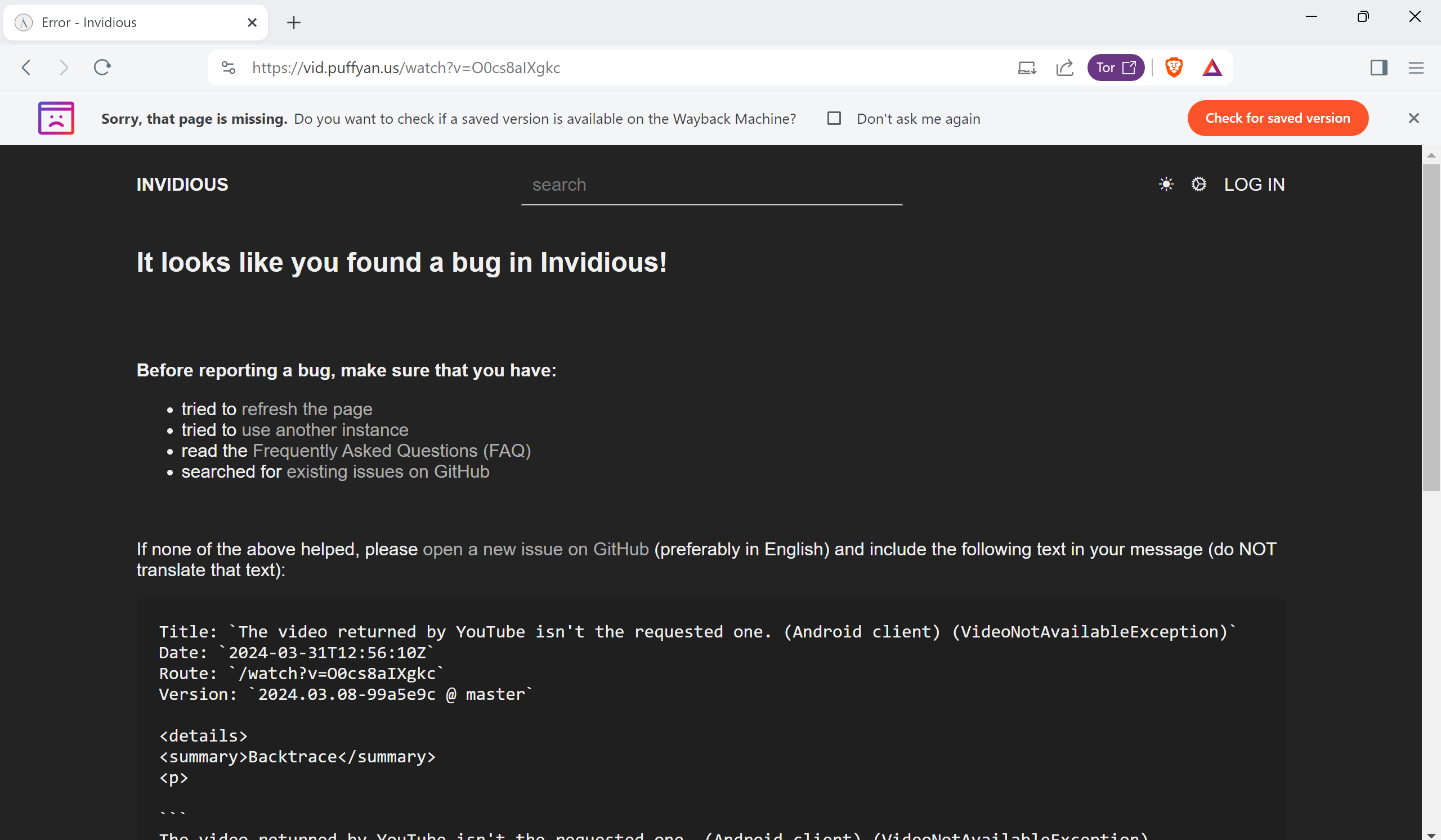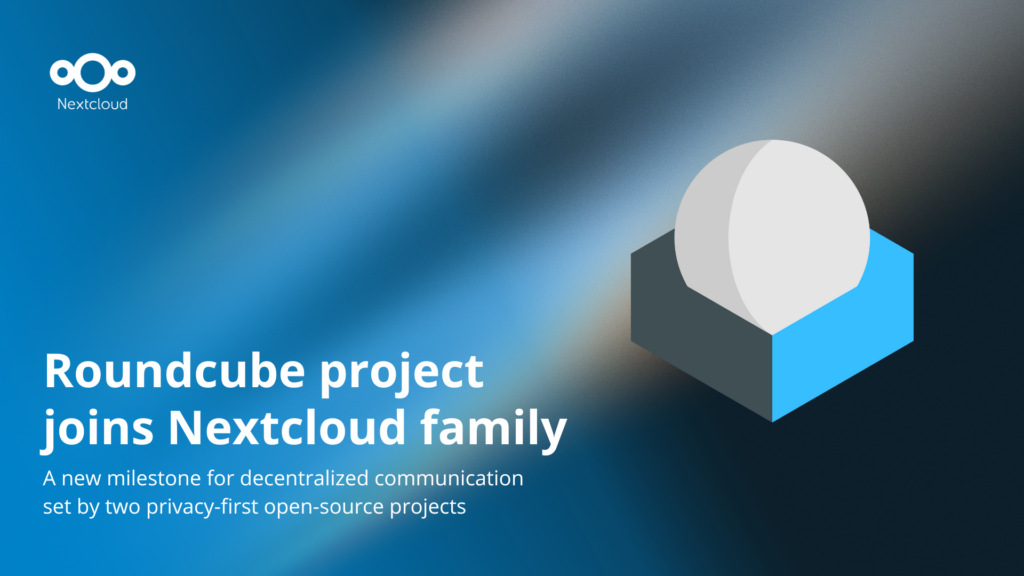How do you sanitize ai prompts? With more prompts?
- 19 Posts
- 1.55K Comments

 0·9 months ago
0·9 months agoDue to how federation works, downvotes are actually somewhat public because instance owners can query them in lemmy database, though instance owners probably won’t tell you if you ask due to privacy reason. If you’re interested in something like this, you can run your own instance.

 1·9 months ago
1·9 months agoMan, if it were me, I’d probably bit the bullet and bought a new motherboard instead of returning the processor. With my luck, I’ll probably run into some issues with the ram sticks and bought some new ones. Heck, maybe I’ll run into some issues with the old gpu and buy a new one too! Then the psu would probably need to be upgraded to power the new gpu. The temperature would probably kinda hot so the case must be replaced with new one with better cooling. Heck, now the monitor is too shitty for the hardware and need to be replaced with a new one with hdr and high refresh rate. Then the mouse would suddenly died and need to buy a new one too.
He wouldn’t make that statement unless he experienced the horror himself.
Now, if he still does it these days…
Google Reader was the best. Not sure why Google killed it, but it was really good at both content discovery and keeping up with sites you’re interested in. I tried several alternatives but nothing came close, so I gave up and hung out more on forums / link aggregators like slashdot, hacker news, reddit and now lemmy for content discovery. I’m also interested to hear what others use.

 0·10 months ago
0·10 months agoI thought they were using natural materials like ground coffee. Did some of them actually use plastic beads?

 8·10 months ago
8·10 months agoWhen a dev abandon a live service game, I hope they do what Marvel’s Avengers did: patch the game to work offline, unlock all paid contents, then has one final big discount before shutting everything off.

 7·10 months ago
7·10 months agoTake that FreeDOS!

 4·10 months ago
4·10 months agoWhen reddit fuck up again, the alternatives are already pretty mature, at least compared to last year. Back then the only app we have was jerboa (and it was pretty shitty back then too, unlike now). Now we have gazillion of lemmy apps that can suit everyone taste.

 131·10 months ago
131·10 months agoModding is a hobby, and just like other hobbies, tinkering is part of the fun.

 5·10 months ago
5·10 months agoOnlyOffice has an Android version.
Marginalia is interesting because it attempt to search non-commercial contents. this might unearth some contents you can’t find on google. If you search something on google and the result is full of spam or ecommerce product pages, try the same keyword on marginalia. Unlike google, it’s a keyword search engine, so keep in mind not to ask question in it, but put the keyword that might be included in the content you want to search.
Kagi is a paid search engine. it does use data from other big search engines, but apply its own weighting and filtering and unearth contents normally buried on the big search engines. There is a free trial account if you want to test it yourself to see if it’s better than google for your use case.
There are also various searxng instances. searxng is an opensource meta search engines, which uses data from other search engine. Each instances may be configured differently, so you might want to test some of them to decide which instance works the best for your use case.
Some interesting comparison: https://danluu.com/seo-spam/

 19·10 months ago
19·10 months agoImagine what happen when you bought a new computer. You’ll install an os, then install all apps you need, copy over all data you need, etc. Now imagine if you have 100 of new computers. The tools hashicorp made basically enable you to create a recipe to perform all this operation over a fleet of servers.

 7·10 months ago
7·10 months agoDamn, iirc someone (forgot who) actually called it at the beginning of terraform debacle, though it was redhat instead of ibm, but close enough.

 2·10 months ago
2·10 months agoI bought their $20 tws recently and it’s not bad for the price. They’re more like budget audiophile brands.

 2·10 months ago
2·10 months agoJust for some perspective, if you want to know how little reach the fedi post with the link to this blog post got: the first post in this thread already has more likes and boosts after less than a hour since posting it than my blog post ever did that he felt the need to confront me over.
The author is probably weren’t aware that their blog post get a huge engagement on hacker news and the ceo got a lot of flak there, which was probably why he felt the need to reach out and “correct” the author.

 3·10 months ago
3·10 months agoAs a concept, paid search engines is actually a good idea. It incentivize the company to produce great result so their users won’t search over and over (which reduce their profit), unlike google which incentivized to reduce search quality so their users have to search over and over and see more ads (per the article). If it’s not kagi, I hope other paid search engines start to appear in this space. Indexing the web is expensive, and after seeing what happened with google, it’s clear that free ad-suported search engine is not the way to go now.
In the March 2019 core update to search, which happened about a week before the end of the code yellow, was expected to be “one of the largest updates to search in a very long time. Yet when it launched, many found that the update mostly rolled back changes, and traffic was increasing to sites that had previously been suppressed by Google Search’s “Penguin” update from 2012 that specifically targeted spammy search results, as well as those hit by an update from an August 1, 2018, a few months after Gomes became Head of Search.
Search engagement is declining, so the obvious fix is to make the search result worse which means people have to search more to find what they need. Engagement metrics went through the roof! Crisis averted!
Thanks to this fuck up, competition is a thing again in search engine space. Other search engines are getting better and start to capture the fleeing users.

 16·10 months ago
16·10 months agoBenefits of Tor over I2P: C, not Java (ewww)
Benefits of I2P over Tor: Java, not C (ewww)


















Pdf has a mind-bogging array of features, which make it so entrenched in the corporate world with no viable replacements at the moment. Things like forms where users can fill them out and submit (surprisingly a popular feature), cryptographic signing to prevent tampering, DRM, etc. Heck, I think you can even add JavaScript code to a pdf.